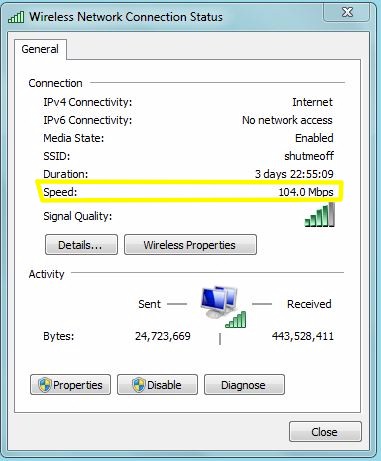Wi-Fi is rubbish. Even the hyped up 3x3 MIMO super-duper G4MER-bling mega Wi-Fi "for gamers by gamers" Wi-Fi. Trust me, I've been paid literally five-digit figures to do certified Wi-Fi site-surveys for clients. Okay, I did lots of other things for that fee too, but the site survey was why
I was sent and not an architect or engineer.
A rubbish, cheap, BT Homehub is more than adequate to provide perfect, consistent,
wired <1ms latency to a whole bunch of client devices in your typical UK home. The 2.4GHz and 5GHz bands
are not. They're overlapping, overcrowded, leftovers that suck but they're all thats available in the fiercely carved-up RF spectrum in the UK.
Get your primary gaming locations wired if you can. Otherwise, buy a cheap wireless access point and hardware it to the room that you're most likely to use. The problem is the routing of your router, it's the fact that Wi-Fi just doesn't work that smoothly because of competing networks, interference from other channels, and (unfortunately, in the case of 2.4GHz) Microwave ovens.
Get your AP hardwired via CAT6 cable tacked to the skirting board, or use powerline adapters if that's not feasible. Then, remove the basic antennae that come with the access point and replace it with 5Ghz high-gain antennae like this:
Amazon search: High gain WiFi antenna
Just imagine that the airwaves are like a really crowded bar with stupidly loud music and you are trying to talk to a person sitting next you. For a start, you need to shout, so high-gain (like >10dbi) helps. Also, the stupidly-loud music is playing at 2.4GHz so you should shout at a higher 5GHz pitch. That doesn't really solve everything because everyone else is still shouting really loudly too, so the only way to really hear each other is to move closer. Grab yourself some extension cables, and reduce the physical distance between your AP's antenna and your PC/laptop. It's like you're leaning in to someone's ear to shout at them.
Here's an example, works best with free-standing Wi-Fi antennae, obviously....








